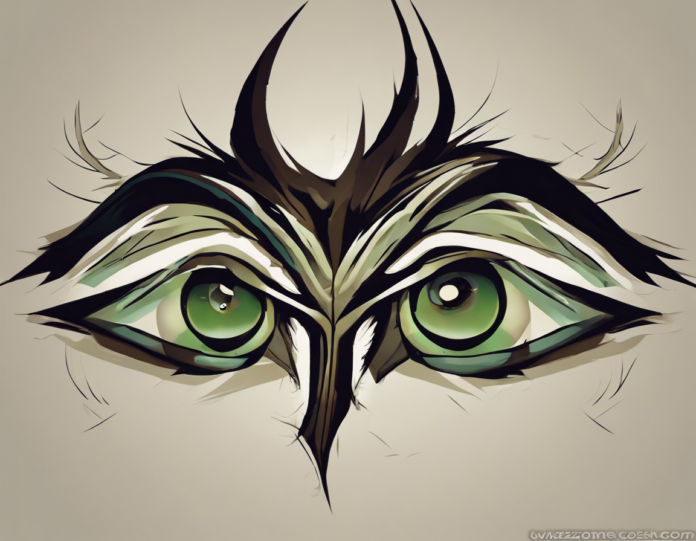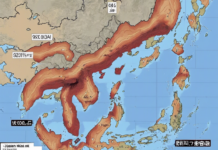Introduction
The eyes have long been regarded as the windows to the soul, reflecting emotions, intentions, and personalities. However, did you know that hunters possess a unique ability to harness the power of their gaze to enhance their skills and create a formidable presence in their environment? In this article, we will delve into the intriguing world of hunter eyes, exploring the science behind this phenomenon and providing insights on how hunters can maximize the potential of their gaze to achieve success in their pursuits.
The Science of Hunter Eyes
Our eyes are not only instruments of vision but also powerful tools for communication and influence. When it comes to hunting, the way a hunter gazes at their prey can significantly impact the outcome of the hunt. A steady, focused gaze can convey confidence and control, subtly influencing the behavior of the target animal and increasing the chances of a successful hunt.
Research has shown that predators, including humans, possess a unique characteristic known as the “gaze detection system,” which allows them to detect when they are being watched. This innate ability is deeply rooted in our evolutionary history, where the ability to perceive and react to the gaze of others conferred a survival advantage. By understanding and leveraging this system, hunters can effectively communicate their intentions to their prey without making a sound.
Harnessing the Power of the Gaze
So, how can hunters harness the power of their gaze to enhance their hunting skills? Here are some key strategies to consider:
-
Maintain Eye Contact: When stalking prey, maintaining eye contact can establish a sense of dominance and convey assertiveness. This subtle form of communication can help intimidate the target animal and disrupt its patterns of behavior.
-
Focus and Concentration: A steady gaze can enhance a hunter’s focus and concentration, allowing them to anticipate the movements of their prey and make precise decisions in high-pressure situations.
-
Nonverbal Communication: The eyes can convey a wealth of nonverbal cues, such as intent, interest, and alertness. By mastering the art of nonverbal communication through their gaze, hunters can establish a silent rapport with their surroundings and gain a deeper understanding of the environment.
-
Mindfulness and Awareness: Cultivating mindfulness and awareness of one’s surroundings through the gaze can heighten sensory perceptions and enable hunters to pick up on subtle signs and cues that may go unnoticed by others.
-
Visualization and Manifestation: Using the power of visualization, hunters can project their intentions and desired outcomes through their gaze, creating a mental link between themselves and their prey. This practice can be particularly effective in enhancing focus and determination during the hunt.
FAQs:
-
Q: Can anyone develop the ability to harness the power of their gaze like a hunter?
A: Yes, with practice and mindfulness, individuals can cultivate the art of using their gaze effectively in various situations, including hunting. -
Q: How can eye contact influence the behavior of animals during a hunt?
A: Eye contact can convey dominance, assertiveness, and intent, influencing the behavior of animals and increasing the chances of a successful hunt. -
Q: Are there any risks associated with using a steady gaze during hunting?
A: While maintaining eye contact can be effective, hunters should also be mindful of their surroundings and adapt their strategies based on the specific behaviors of the target animals. -
Q: Can the power of the gaze be applied in other areas of life beyond hunting?
A: Yes, the principles of using the gaze for communication and influence can be applied in various settings, such as negotiations, public speaking, and interpersonal relationships. -
Q: How can hunters enhance their focus and concentration through their gaze?
A: By practicing mindfulness, visualization, and nonverbal communication, hunters can sharpen their focus and concentration skills, enabling them to make informed decisions during the hunt.
In conclusion, mastering the power of the gaze is a valuable skill that can elevate a hunter’s performance and presence in the field. By understanding the science behind the gaze, honing their nonverbal communication skills, and cultivating mindfulness and awareness, hunters can unlock new levels of success in their pursuits. So, the next time you venture into the wilderness, remember the captivating gaze of a hunter and the impact it can have on your interactions with the natural world.




